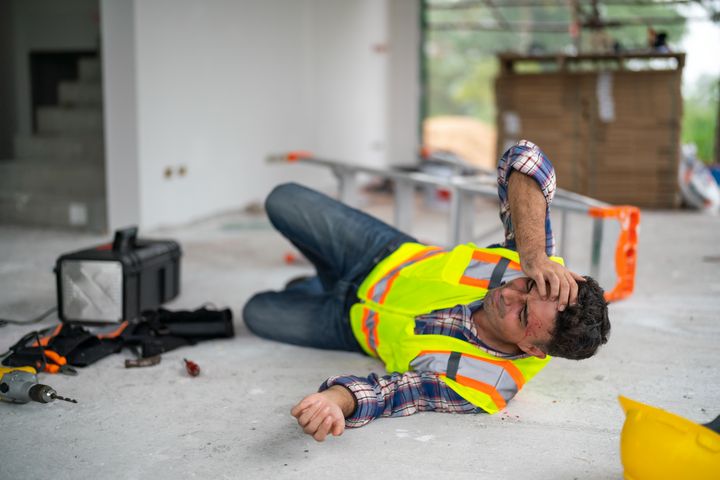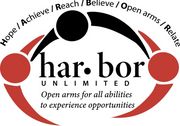A Comprehensive Guide to Traumatic Brain Injuries

Traumatic brain injuries can be life-changing, depending on the severity. Studies from the CDC suggest that up to 2.5 million people get some type of TBI yearly. But how do these injuries occur, and how can they affect a person? Consult the brief guide below to learn more about traumatic brain injuries and their treatments.
How Do Traumatic Brain Injuries Occur?
TBI occurs when the head receives a violent blow or jolt, causing the brain to slam against the skull's interior. For instance, if someone is in a car accident or falls onto their head, they could injure their brain. When the skull strikes an object with enough force to jolt the brain, the organ can bleed, bruise, or experience the destruction of its nerve cells.
Examples of TBIs include focal contusions that cause the brain to slide inside the skull and skull fractures. The first condition could cause cognitive and emotional problems, while the latter can result in the loss of taste and smell. Other types of TBI are hypoxia and anoxia due to the lack of oxygen to the brain and brain hemorrhaging from direct trauma.
What Are the Common Symptoms of the Condition?
Not every traumatic brain injury is a severe case. Mild forms of the condition are treatable and have specific symptoms, like fatigue, headache, dizziness, loss of consciousness, and sensitivity to light and sound. Memory or concentration issues may also be present.
More severe symptoms of TBI include convulsions, seizures, dilated pupils, inability to wake up from sleep, and loss of coordination. Other symptoms include slurred speech and intense confusion.
Signs of TBI in children can be different than those in adults. Young children sometimes lack the abilities necessary to communicate their symptoms. So, if children exhibit signs like a changed mood, drowsiness, unusual irritability, or loss of interest in their favorite things after an accident, they could have a traumatic brain injury.
How Can Traumatic Brain Injuries Be Treated?
Rest and over-the-counter pain relievers can be enough to handle mild TBI because the injuries don't require treatment. However, anyone with a mild injury has to be closely monitored while resting in case symptoms worsen. If someone has moderate TBI, emergency care is necessary to ensure their brain has enough blood supply and oxygen. Anti-seizure drugs may be administered to prevent convulsions. Diuretics can also help reduce fluid buildup in the body after a traumatic brain injury.
HARBOR Unlimited is a respected non-profit organization that hosts events for people with special needs of all ages, including individuals with varying levels of traumatic brain injury. From monthly "Launch" events for the whole family to participating in an inclusion camp, where you can experience adaptive rock climbing and arts and crafts, the organization has many activities for people with all abilities. Call (314) 956-2665 or visit them online for more details.
About the Business
Have a question? Ask the experts!
Send your question

